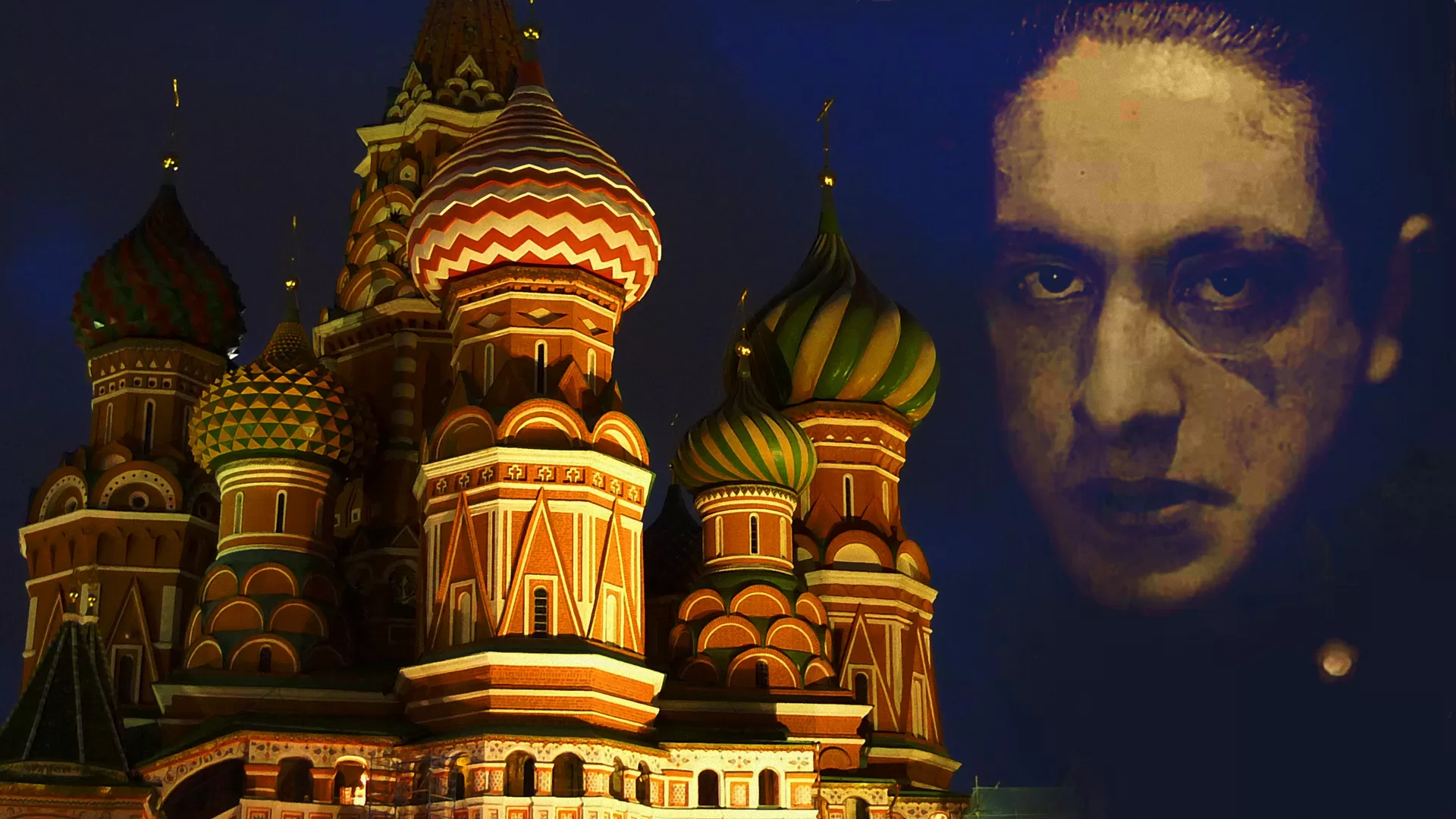Daniel Evola obituary Macomb miterms of use: This exploration delves into the complex intersection of the life and work of controversial philosopher Julius Evola, a hypothetical connection to Macomb, Illinois, and the legal and ethical considerations surrounding the use of his name and intellectual property. We will examine the various interpretations of an “obituary” for such a figure, considering the nuances of presenting a balanced account of his legacy, while analyzing the implications of online usage and the responsible dissemination of his ideas.
The aim is to provide a comprehensive overview of this multifaceted topic.
This investigation will navigate the intricacies of Evola’s philosophy, exploring his key ideas, influences, and the lasting impact he’s had on contemporary thought. We will examine potential links—however tenuous—between Evola and the town of Macomb, Illinois, considering historical records and potential anecdotes. Furthermore, the analysis will cover the legal and ethical dimensions of utilizing Evola’s name and work, including intellectual property rights and the creation of responsible disclaimers for online content.
Daniel Evola’s Life and Work: Daniel Evola Obituary Macomb Miterms Of Use
Giulio Cesare Evola, better known as Julius Evola, was an influential, albeit controversial, Italian esotericist, philosopher, and writer. His ideas, spanning traditionalism, esotericism, and a unique form of fascism, continue to provoke debate and scrutiny. This examination delves into his life, major works, and intellectual influences, offering a comprehensive overview of his complex and multifaceted contributions.
Evola’s Major Philosophical and Political Ideas, Daniel evola obituary macomb miterms of use
Evola’s philosophy is rooted in a rejection of modernity and a yearning for a return to what he perceived as a more authentic and spiritually elevated past. He championed a hierarchical social order, emphasizing the importance of tradition, spiritual elitism, and a rejection of egalitarianism and democracy. Central to his thought is the concept of “traditionalism,” which advocated for a return to pre-modern values and social structures.
He saw the modern world as characterized by materialism, decadence, and the decline of spiritual values. Evola’s political views were strongly anti-liberal and anti-communist, and while he associated with Fascist circles, his vision transcended simple political affiliation, advocating for a more radical, spiritually informed authoritarianism. He envisioned a society governed by a spiritual elite, guided by traditional principles and esoteric knowledge.
His writings often explored themes of race, though not always in a straightforwardly racist manner; his focus was more on spiritual and cultural purity than on biological racial purity. His ideas on race were complex and often interpreted differently, highlighting the ambiguity and contradictions within his work.
Evola’s Intellectual Influences and Their Impact on His Thought
Evola’s intellectual development was shaped by a diverse range of influences. He drew heavily from esoteric traditions, including Hermeticism, Kabbalah, and various forms of mysticism. His engagement with these traditions informed his unique understanding of spirituality and his critique of modern materialism. He was also influenced by thinkers such as Friedrich Nietzsche, whose emphasis on the will to power resonated with Evola’s own hierarchical worldview.
The works of René Guénon, a prominent traditionalist, significantly impacted Evola’s development of his own traditionalist philosophy. Guénon’s focus on the “primordial tradition” and critique of modernity provided a framework for Evola’s own explorations. Furthermore, the writings of Oswald Spengler, with their emphasis on the cyclical nature of history and the decline of Western civilization, contributed to Evola’s pessimistic outlook on modernity.
Timeline of Evola’s Life and Key Publications
Evola’s life spanned significant historical events, deeply influencing his philosophical and political development.
| Year | Event/Publication | Significance |
|---|---|---|
| 1903 | Born in Rome, Italy | Beginning of a life dedicated to esoteric studies and political philosophy. |
| 1920s | Early writings on esotericism and traditionalism | Foundation of his unique philosophical system. |
| 1934 | Revolt Against the Modern World | A seminal work outlining his critique of modernity and advocacy for traditionalism. |
| 1940s | Involvement with Fascism and later imprisonment | His political involvement and subsequent experiences shaped his later writings. |
| 1950s-1970s | Continued writing and lectures on esotericism and traditionalism | Continued refinement and dissemination of his ideas. |
| 1974 | Death in Rome, Italy | End of a life that significantly impacted the development of esoteric and traditionalist thought. |
Comparison of Evola’s Ideas with Other Prominent Thinkers
| Thinker | Key Idea | Evola’s Similar Idea | Difference |
|---|---|---|---|
| René Guénon | Primordial Tradition | Traditionalism, rejection of modernity | Evola’s focus on action and the heroic, while Guénon emphasized spiritual detachment. |
| Friedrich Nietzsche | Will to Power | Emphasis on strength, hierarchy, and overcoming | Nietzsche’s focus on individual self-overcoming, while Evola emphasized collective and traditional values. |
| Oswald Spengler | Decline of the West | Pessimistic view of modernity, cyclical view of history | Spengler’s focus on cultural decline, while Evola emphasized spiritual and moral decay. |
| Carl Jung | Archetypes, Collective Unconscious | Interest in symbolism, esoteric traditions, and the unconscious | Jung’s focus on psychological understanding, while Evola emphasized spiritual and metaphysical dimensions. |
In conclusion, understanding the complexities surrounding Daniel Evola’s legacy requires a nuanced approach. This exploration has highlighted the importance of responsible engagement with controversial figures, emphasizing the ethical use of their intellectual property and the need for balanced presentations of their lives and ideas. By carefully considering the legal and ethical implications, and by promoting accurate interpretations of Evola’s work, we can foster a more informed and responsible discussion of his controversial contributions to philosophy and political thought.
The hypothetical connection to Macomb, while intriguing, underscores the need for thorough historical research before drawing definitive conclusions.
Discover how kubota grapple kitlook who got busted newspaper guadalupe county has transformed methods in this topic.


